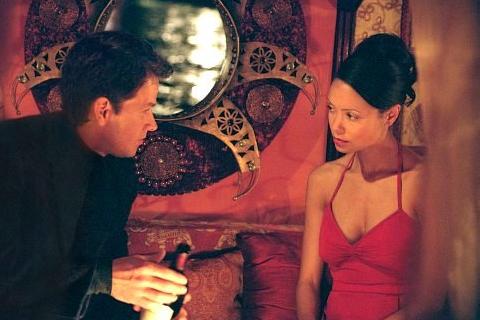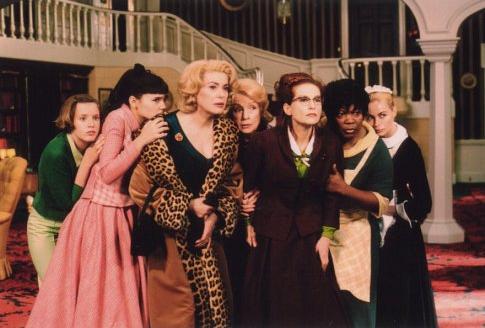
 |
| Photo © 2002 Universal Pictures |
 |
| Photo © 2002 France 2 Cinéma/Canal+/USA Films |
| Awards for 8 Women: | |
| Berlin Film Festival: Outstanding Artistic Contribution (Ensemble Cast) | |
| European Film Awards: Best Actress (Ardant, Béart, Darrieux, Deneuve, Huppert, Ledoyen, Richard, Sagnier) | |
| Permalink | Home | 2002 | ABC | Blog |